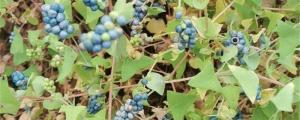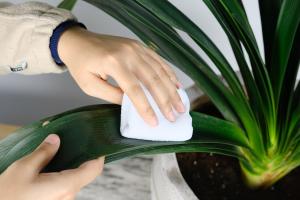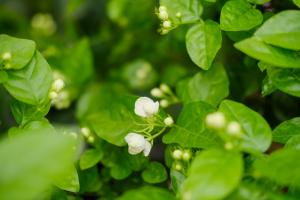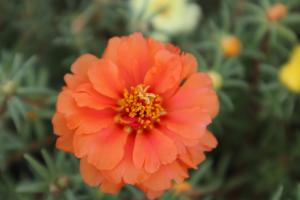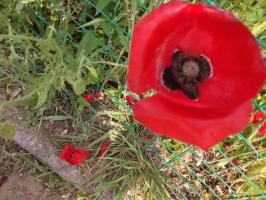1、 Cutting
Production of insert
As for the propagation of dewdrop Rhododendron, cutting is a more common one. In May every year, the weather is warm and humid. At this time, the robust old branches of Du Juan are cut, and several leaves are reserved at the top, with a length of 5 or 6cm. Pay attention to remove the lower blade, so as to make the cuttings
Germination environment
Dewdrop Rhododendron is suitable for growing in fertile and loose soil. The temperature is about 20 to 25 degrees. Avoid direct contact with sunlight and spray water regularly
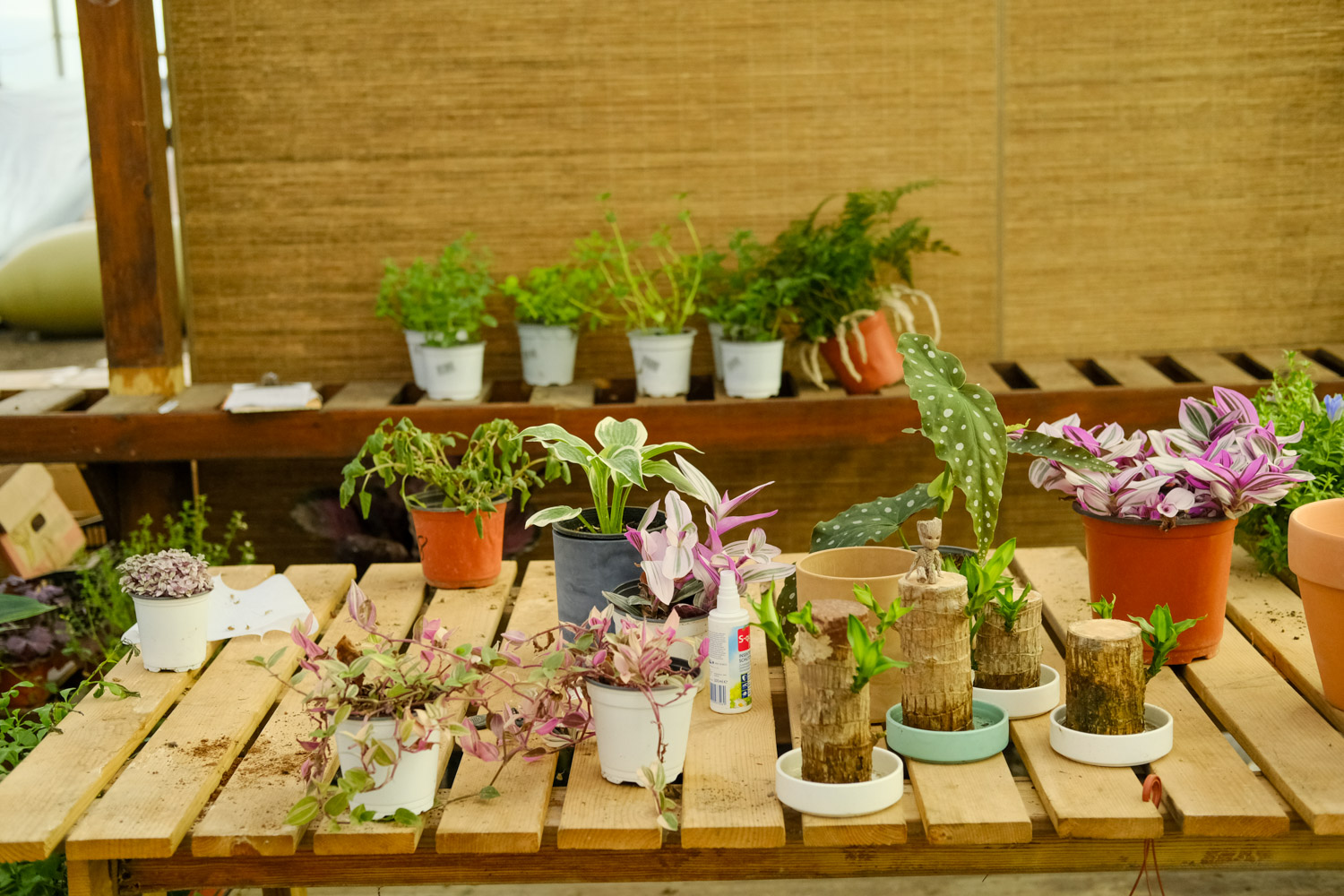
2、 Sow
Artificial pollination
Under natural conditions, the dewdrop Rhododendron has few seeds, which requires us to carry out artificial pollination to improve the seed yield. When the Rhododendron is in full bloom, select the robust female parent flowers. Under the greenhouse conditions, remove the stamens and excess buds and leaves. When there is mucus in the stigma, dip a pen with pollen and gently smear it on the stigma. Note that the pen should not be too hard, preferably a brush
Seed storage
Their seeds cannot be preserved for a long time, and a large number of seeds will not germinate over time. Here is a little knowledge to introduce to you. If it is an evergreen rhododendron, the seeds should not be sown after picking, while the seeds of deciduous Rhododendron can be sown again in the next spring
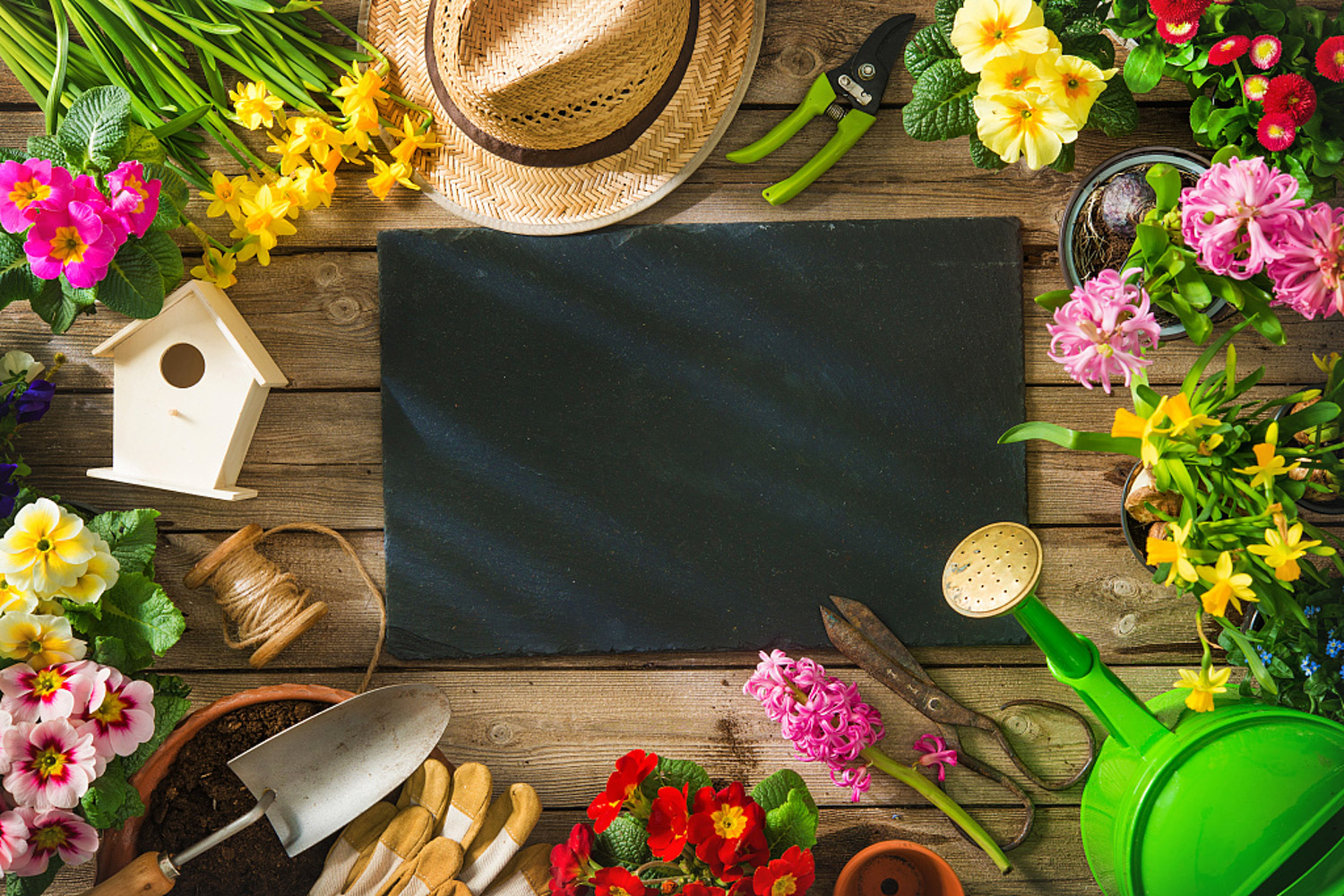
Soil
Select loose and fertile soil, pick out sand and stone, spray with 40% formalin 1:100 dilution and then dry in the air for the purpose of disinfection. Add a layer of plant ash to the bottom of the basin as fertilizer, and add the dried soil to make the surface flat and slightly compacted. You can sow
Curing after sowing
Sprout five or six weeks after sowing, and remove some seedlings to avoid too dense. Seedlings should be covered with hay and the like. They should not be directly exposed to the sun, rain or fertilization. The seedlings can't grow until they grow to 10 cm
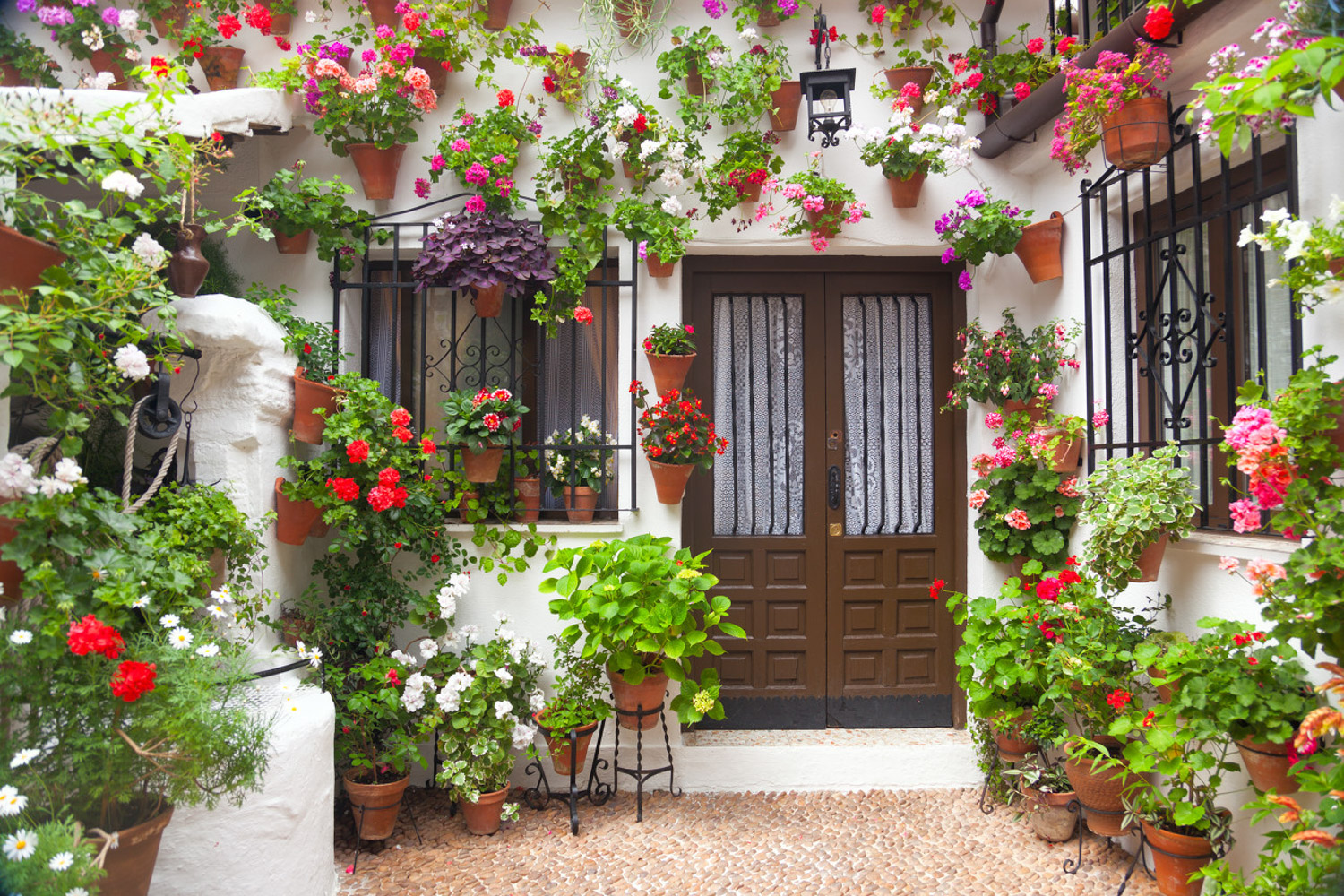
3、 With new long branches
This method is generally used for those rare varieties that are difficult to survive. Cut an oblique plane at the bottom of the twig with a knife and make a scion of about three centimeters. The rootstock uses a hairy cuckoo to connect the twigs to it. After completion, put it in the shade, cover it with plastic film and tie it up, so as to keep the water from losing and achieve the effect of maintaining humidity

 how many times do yo...
how many times do yo... how many planted tre...
how many planted tre... how many pine trees ...
how many pine trees ... how many pecan trees...
how many pecan trees... how many plants comp...
how many plants comp... how many plants can ...
how many plants can ... how many plants and ...
how many plants and ... how many pepper plan...
how many pepper plan...
